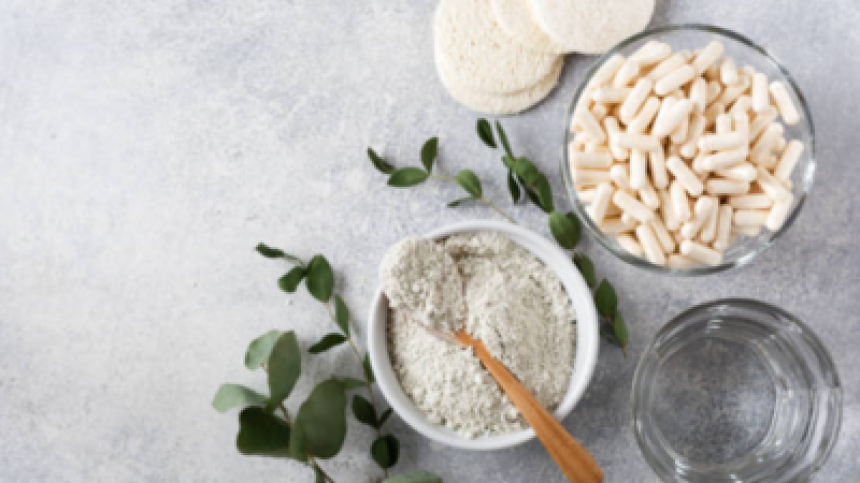Protein powders have become a staple for fitness enthusiasts, gym-goers, and anyone aiming for a balanced diet. While chocolate-flavored protein powders dominate the market, they’re often loaded with artificial flavors, additives, and sometimes even harmful heavy metals.
Lead and cadmium detected in protein powders
A new report suggests that some popular protein powders contain high levels of lead and cadmium. The report highlights that protein powders marketed as plant-based, organic and chocolate-flavored, have an alarmingly high level of these heavy metals. “Heavy metal contaminant is a global food safety problem,” Jackie Bowen, executive director of the Clean Label Project, told CNN.
The report reveals that organic protein powders have three times more lead and twice as much cadmium compared to non-organic powders; chocolate flavored protein powders have our times more lead and up to 110 times more cadmium than vanilla-flavored powders.
Do you know you can prepare protein powder at home as well?
When you prepare protein powders packed with nutrition, taste fantastic, and true to traditional ingredients you keep them free from artificial additives and heavy metals commonly found in mass-produced powders.
Here are a few ideas for you:
The quintessential desi protein powder, Sattu
Sattu, often referred to as the “poor man’s protein,” is a traditional Indian superfood made from roasted chana dal. It’s rich in protein, fiber, and essential nutrients like magnesium, iron, and calcium. A 100-gram serving of sattu delivers approximately 22 grams of protein, making it a fantastic natural supplement.
Mix 2-3 tablespoons of sattu with water or milk, add a pinch of salt or jaggery, and enjoy a refreshing protein-packed drink. For a savory twist, add lemon juice, black salt, and roasted cumin.
Powder of sprouted ragi
Ragi, or finger millet, is a staple grain in many Indian households. Sprouting ragi enhances its nutrient profile, making it a potent source of plant-based protein, calcium, and antioxidants. It’s particularly beneficial for vegetarians and vegans looking for a natural protein boost.
Add sprouted ragi powder to smoothies, porridges, or dosa batter. For a delicious shake, blend it with milk, bananas, and a dash of honey.
Powder of peanuts
Peanuts are a protein powerhouse, offering up to 25 grams of protein per 100 grams. Peanut protein powder is made by removing most of the fat from roasted peanuts, retaining the protein and fiber.
Mix peanut protein powder into shakes, smoothies, or pancake batter. For a high-protein twist, use it in ladoos or energy balls with jaggery and sesame seeds.
Powder of fox nut or makhana
Makhana, or fox nuts, are an underrated superfood with a subtle nutty flavor. They’re high in protein, low in calories, and rich in essential minerals like potassium, magnesium, and iron.
Blend makhana powder with milk and jaggery for a creamy drink. Alternatively, use it in soups, smoothies, or homemade protein bars.
Powder of moong dal
Moong dal (green gram) is a staple in Indian cuisine and an excellent source of plant-based protein. It’s light, easy to digest, and packed with essential nutrients like potassium, iron, and folate.
Roast and grind moong dal into a fine powder. Mix it with milk, jaggery, and cardamom for a delicious protein-rich drink. You can also use it as a base for soups or protein pancakes.
Almond and cashew protein powder
Nuts like almonds and cashews are loaded with healthy fats, protein, and essential vitamins. Almonds offer around 21 grams of protein per 100 grams, while cashews provide about 18 grams.
Grind almonds and cashews into a fine powder. Mix it into milk, porridge, or smoothies for a rich, nutty taste. Add a pinch of saffron or turmeric for extra flavor and health benefits.








